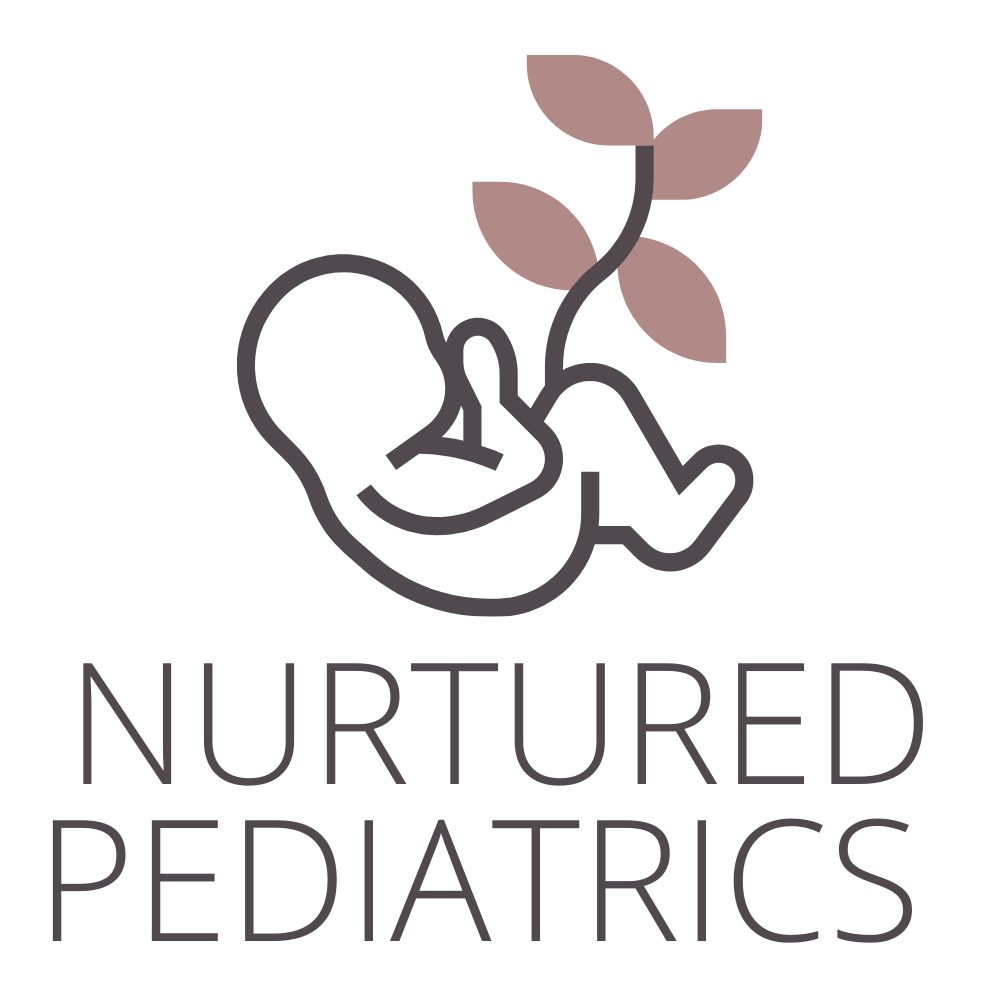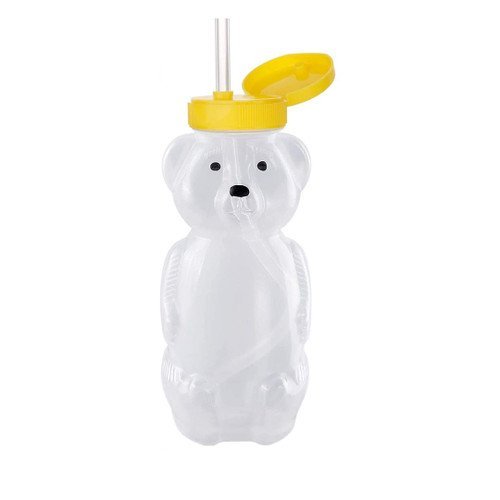About
Welcome to our parent resource library! By making available comprehensive parent resources, Nurtured Pediatrics aims to expand its service offerings, support parents in understanding and participating in their child’s therapy journey and promote overall family well-being through accessible educational resources and community engagement. These initiatives align with the company's goals of providing high-quality occupational therapy services and nurturing holistic development in children.





































